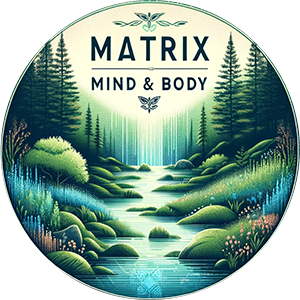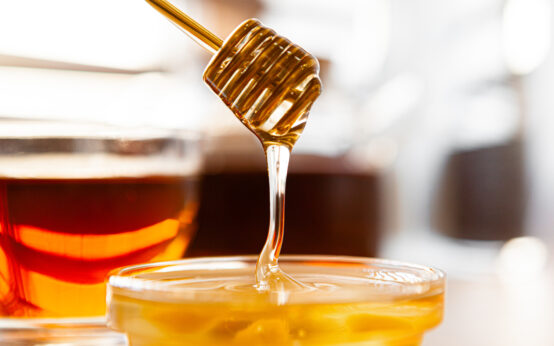The human gut biome, a complex ecosystem of microorganisms living in our digestive tracts, is essential for our overall health. Its balance affects everything from digestion and nutrient absorption to immune function and even mood regulation. Modern lifestyles, characterized by high stress, poor diets, and overuse of antibiotics, can disrupt this delicate ecosystem, leading to a host of health issues. Fortunately, science offers several strategies for repairing and maintaining a healthy gut biome. This article explores seven evidence-based tools to help you nurture your gut health, drawing on the latest research and expert recommendations.
1. Probiotics: The Beneficial Bacteria
Probiotics are live bacteria and yeasts that are good for your digestive system. They can be found in supplements and fermented foods like yogurt, kefir, sauerkraut, and kimchi. According to a review published in the Journal of Clinical Gastroenterology, probiotics can restore the natural balance of your gut biome, aiding in the treatment and prevention of gut inflammation and other intestinal issues (1).
2. Prebiotics: Nourishment for Your Microbiome
Prebiotics are types of dietary fiber that feed the friendly bacteria in your gut. Foods rich in prebiotics include garlic, onions, leeks, asparagus, and bananas. Research published in the Nutrition Journal indicates that prebiotics can enhance gut health by increasing the proliferation of beneficial bacteria, potentially improving gastrointestinal health and possibly enhancing calcium absorption (2).
3. Fiber: The Unsung Hero
A high-fiber diet is crucial for a healthy gut biome. Fiber acts as a prebiotic, feeding beneficial gut bacteria. Unfortunately, most people don’t consume enough fiber. The American Journal of Lifestyle Medicine emphasizes that increasing dietary fiber can significantly impact the diversity and health of the gut microbiome, highlighting its role in preventing chronic diseases (3).
4. Polyphenols: Powerful Plant Compounds
Polyphenols are plant compounds found in red wine, green tea, dark chocolate, and whole grains. They’re not only antioxidants but also promote gut health by increasing the growth of beneficial bacteria. A study in Nutrients journal outlines how polyphenols can modulate the gut microbiome and improve health outcomes, suggesting they play a protective role against cardiovascular diseases, type 2 diabetes, and even certain cancers (4).
5. Reduce Antibiotic Use: Preserving Microbial Diversity
While antibiotics are necessary for treating bacterial infections, unnecessary use can harm the gut microbiome. A perspective in the Journal of Antimicrobial Chemotherapy discusses the impact of antibiotics on microbial diversity in the gut and the importance of judicious antibiotic use to preserve gut health (5).
6. Fermented Foods: Traditional Wisdom
Fermented foods are natural sources of probiotics. Incorporating foods like kefir, kombucha, and fermented vegetables into your diet can introduce a variety of beneficial bacteria to your gut. An article in Frontiers in Microbiology reviews the role of fermented foods in modulating the gut microbiome, supporting metabolic health, and enhancing immune function (6).
7. Stress Management: A Holistic Approach
Chronic stress can negatively affect your gut biome. Techniques such as meditation, yoga, and deep-breathing exercises can reduce stress and potentially improve gut health. A study in the Gastroenterology Research and Practice journal found that stress management interventions could have a positive effect on gastrointestinal disorders, illustrating the gut-brain connection (7).
By incorporating these tools into your lifestyle, you can take significant steps toward repairing and maintaining a healthy gut biome. Remember, a healthy gut is the foundation of overall health, and nurturing it requires a holistic approach that includes diet, lifestyle changes, and mindful use of medications.



 Unraveling the Mysteries of UMF Levels in Honey: A Comprehensive Guide
Unraveling the Mysteries of UMF Levels in Honey: A Comprehensive Guide  Better Than Benzodiazepines? Discover the Song Scientifically Proven to Reduce Anxiety Without Drugs!
Better Than Benzodiazepines? Discover the Song Scientifically Proven to Reduce Anxiety Without Drugs!  Boosting Brain Power: Enhancing the Striatum for Improved Movement, Decision-Making, and Habit Formation
Boosting Brain Power: Enhancing the Striatum for Improved Movement, Decision-Making, and Habit Formation  The Two-Step Fat Loss Process: Unlocking Energy Through Shivering and Fidgeting
The Two-Step Fat Loss Process: Unlocking Energy Through Shivering and Fidgeting  At-Home Neuroscience Treatments for Skin Disorders: A New Era of Care
At-Home Neuroscience Treatments for Skin Disorders: A New Era of Care  Breaking The Vicious Loop: End Guilt Fed Fat Storage
Breaking The Vicious Loop: End Guilt Fed Fat Storage 